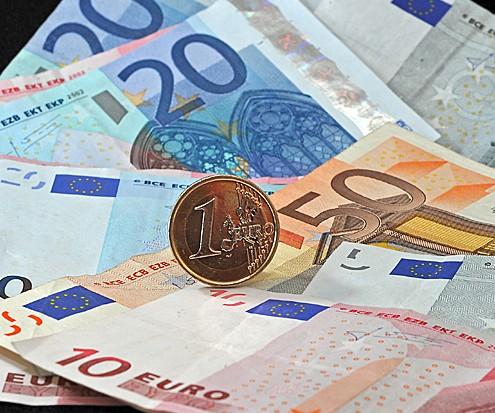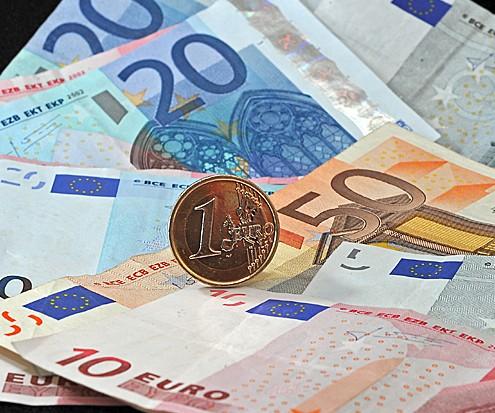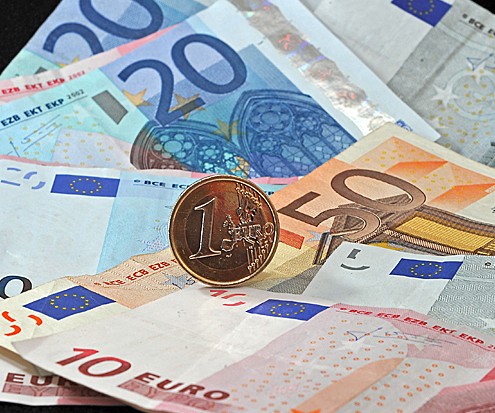AMSTERDAM—Trading was volatile for most of last week in light volume. There was no economic data release worth mentioning but an Italian bond auction managed to upset the markets temporarily.
The Euro Stoxx 50 benchmark equity index closed at 2,317 gaining 1.92 percent in relatively volatile trading, dropping to 2,249 last Thursday before recovering on Friday. The euro currency once again lagged, losing 0.74 percent to close at $ 1.2960, with a 1.7 percent move down last Wednesday afternoon, before recovering.
For the year, the euro lost 3.04 percent, another relatively small number that masks the volatility especially since the summer when it came crashing down from $ 1.49 to close near the lows of the year. The Euro Stoxx 50’s decline of 17 percent was also quite volatile but at least this number reflects the damage wrought in 2011.
ECB Cash Not Put to Use
As it has been happening recently, economic data is not the driving force behind market moves, but instead releases by central banks, such as the Federal Reserve’s “Flow of Funds Report” and the European Central Bank’s (ECB) update on its purchases of sovereign bonds or its deposit facility.
The week before last we saw the first longer term refinancing operations (LTRO) with a maturity of 36 months conducted by the ECB. The idea behind this longer term financing security for the banks was that the banking sector would go and “put that money to use” and either buy sovereign debt or lend the cash out to the private sector.
Last week, an update of the ECB’s deposit facility showed that banks are now depositing a record amount with the ECB. This money is being used neither to buy sovereign debt nor lending to the private sector, but serves to improve banks’ credit quality as they indirectly swap illiquid collateral for liquid ECB deposits. Last week, the amount increased to 446 billion euros ($578 billion), just shy of the all-time record of 452 billion euros.
Fed Swap Lines Put to Use
While the record deposit of cash with the ECB clearly shows the risk aversion of the European banking sector, another indicator confirms this sentiment. The need for U.S. dollar funding among banks in Europe is still very high, as the much talked about “swap line” with the Fed was again tapped for $33 billion, on top of an already outstanding $52 billion.
The usage confirms that banks in the European Union need cheap U.S. dollar funding as the interbank market has dried up and they cannot sell illiquid U.S. dollar assets that need to be financed. To put this in perspective, the dollar usage in the swap lines is not equal to the market cap of technology giant Cisco Systems.
The Week Ahead
Holiday for traders is definitively over as next week will see a host of sovereign auctions and also some relevant economic data. Eurozone purchasing manager indices are coming in as well as retail sales and consumer confidence. Germany will report unemployment numbers and Italy will present a much vetted budget balance for 2011.
January alone will see gross sovereign issuance of 82 billion euros ($106 billion) so the new year will probably provide some fireworks as a start.







